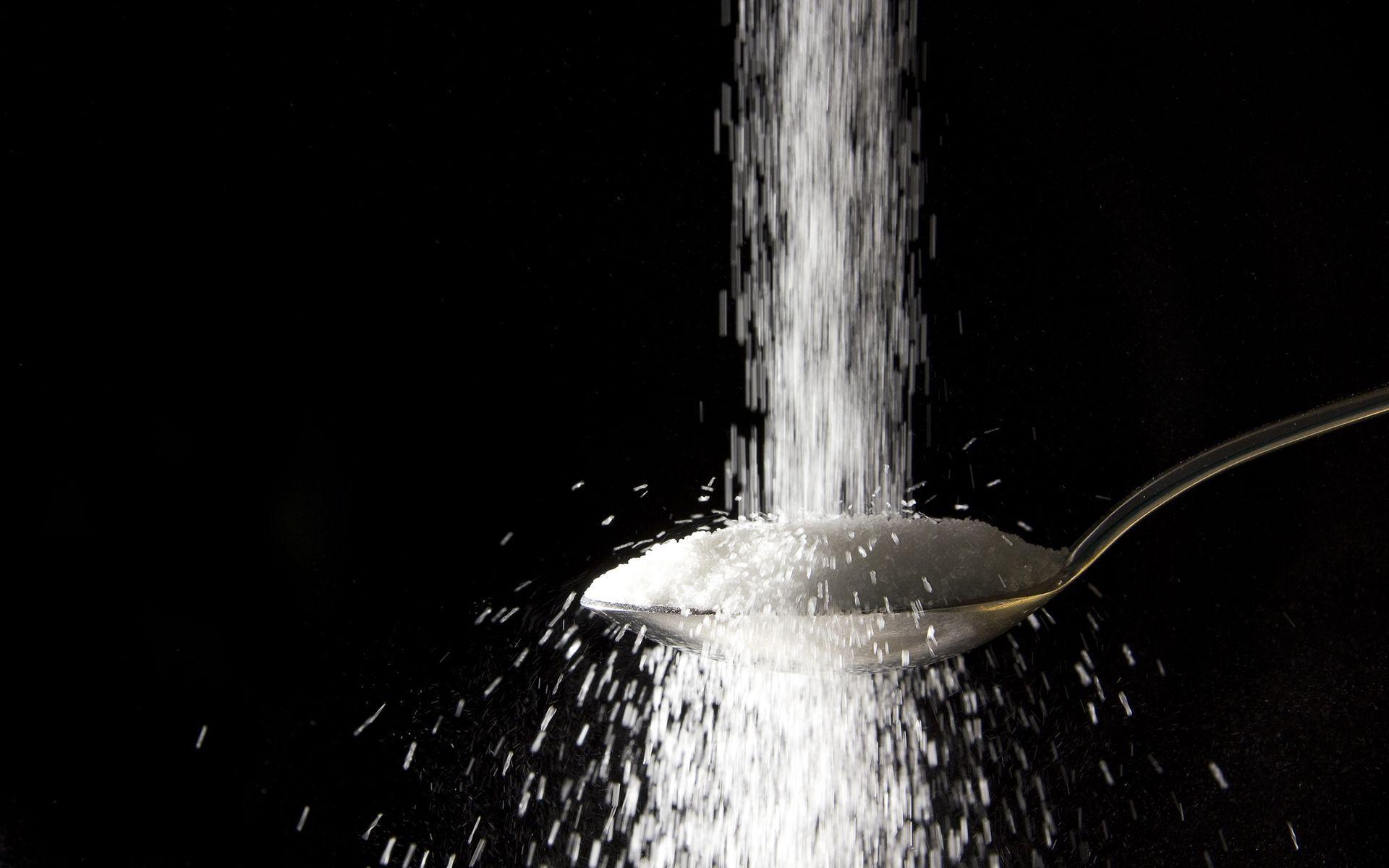
To get more health and vitality, be sure to use refined salt. Due to the presence of heavy metals in unrefined salts, these salts are considered to be one of the aggravating factors of cancer. According to the head of the food supervision department of the Ministry of Health, the consumption of unrefined salt, especially sea salt, leads to digestive problems due to the presence of deposits, and it is also considered one of the factors that aggravate cancer.
The warning about the impurity of salts in the market is not a new discussion, however, even if we assume that most of the edible salts in the market are non-standard and are packed in traditional Kobi salt units, and these units can remove the impurities in They do not have salt, is the consumption of these salts dangerous and should be limited?
We should also keep in mind that the Ministry of Health and Medicine has not approved the construction license for rock crushing salt units since 1981, but many of these units continue to operate without a license, Dr. Rajabzadeh, materials specialist According to Ali, the impurities in unrefined salt include lead, mercury, arsenic, cadmium, fluoride and other heavy elements that have destructive effects on the internal organs of the body.
And salt, extracted from a mine or the sea, in both forms, has many impurities, the main of which is calcium sulfate, or chalk, which cannot be distinguished from salt due to its whiteness. The presence of mud is another impurity in salt.
From every 120 tons of salt produced, 6 to 10 tons of mud is removed from the purification, which the presence and continuous consumption of this amount of impurity in traditional salt brings physical problems and diseases. The taste of traditional salts, which is bitter due to having a significant amount of impurities, is different from the taste of other salts, and this is also considered as one of the signs of impurities.











